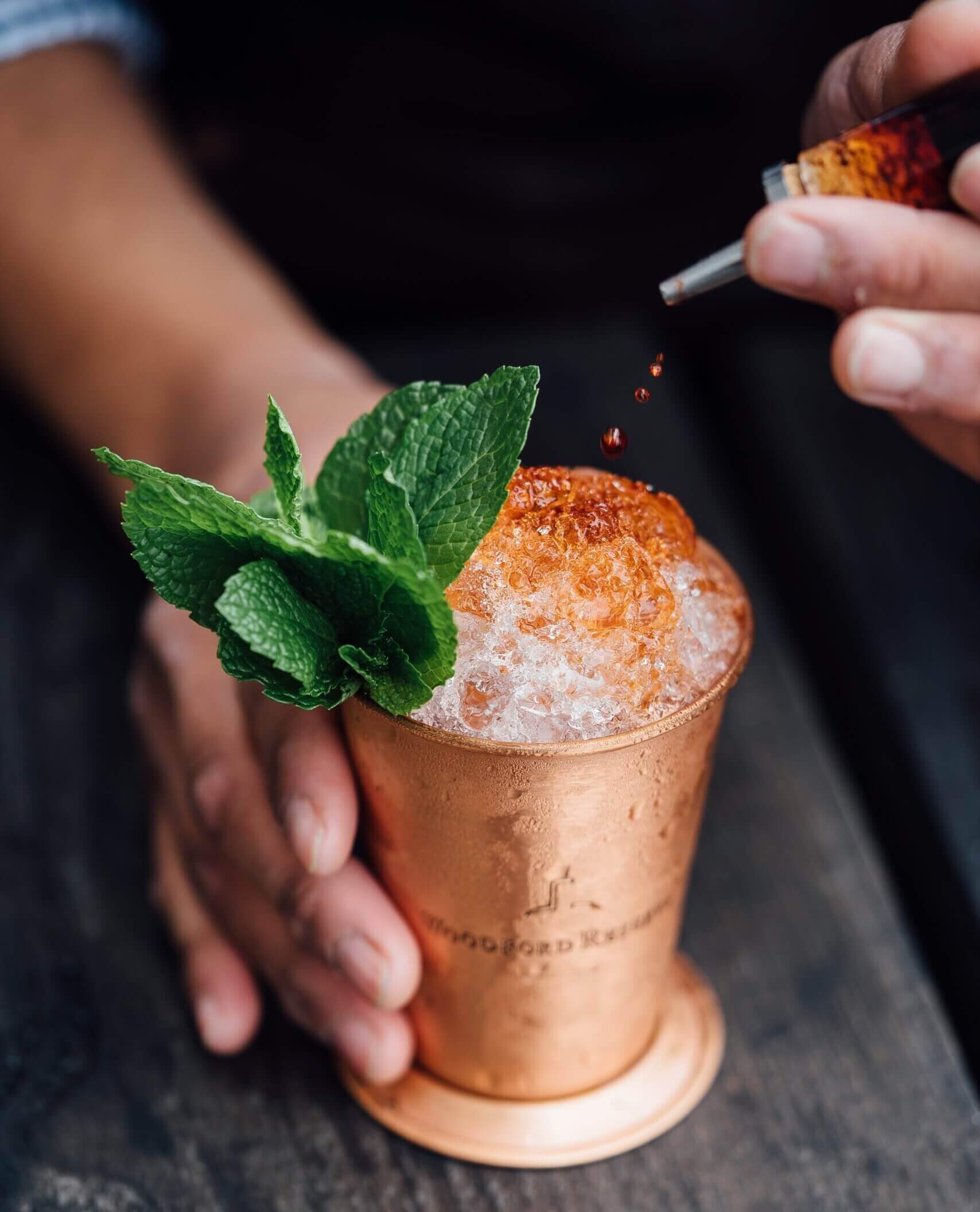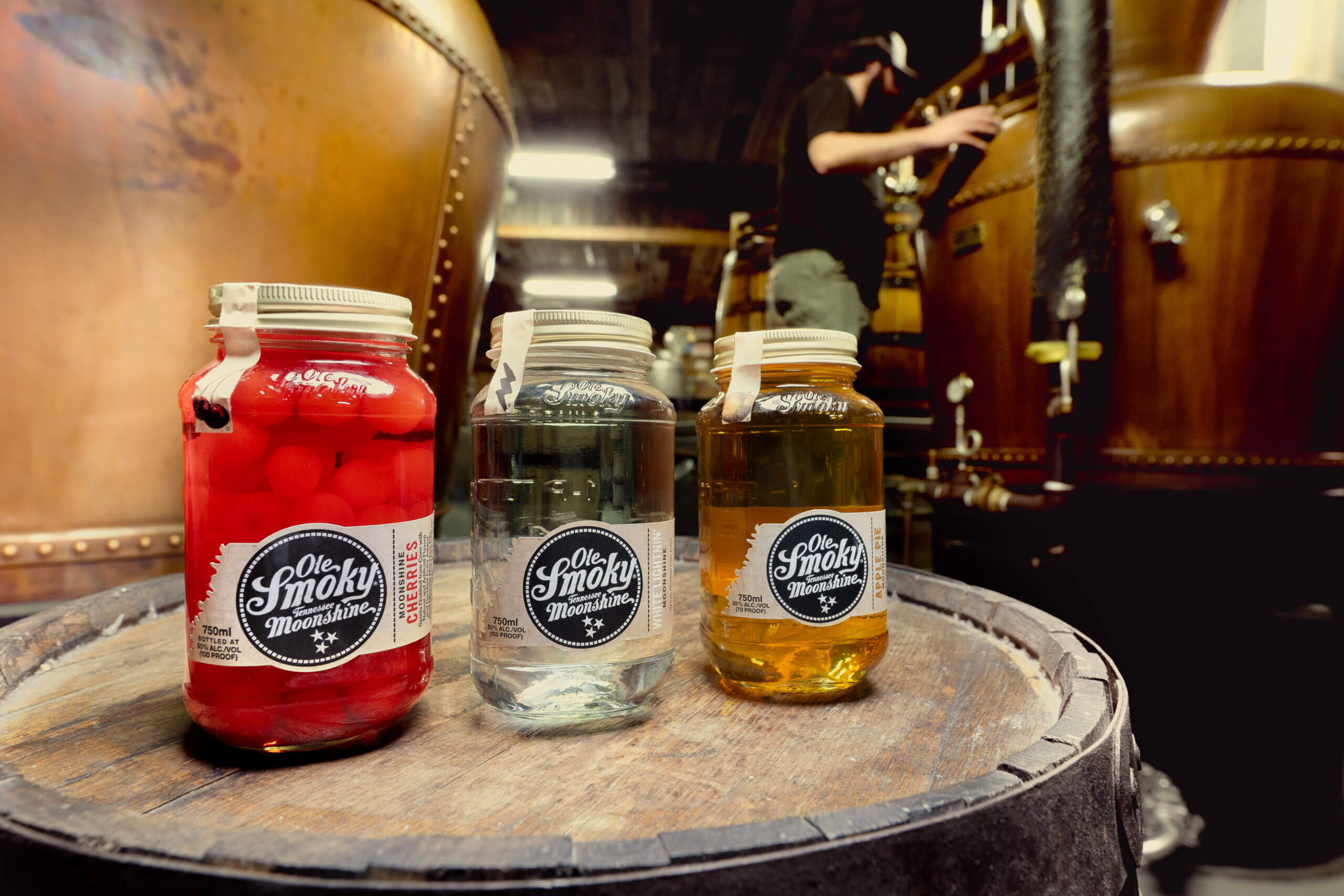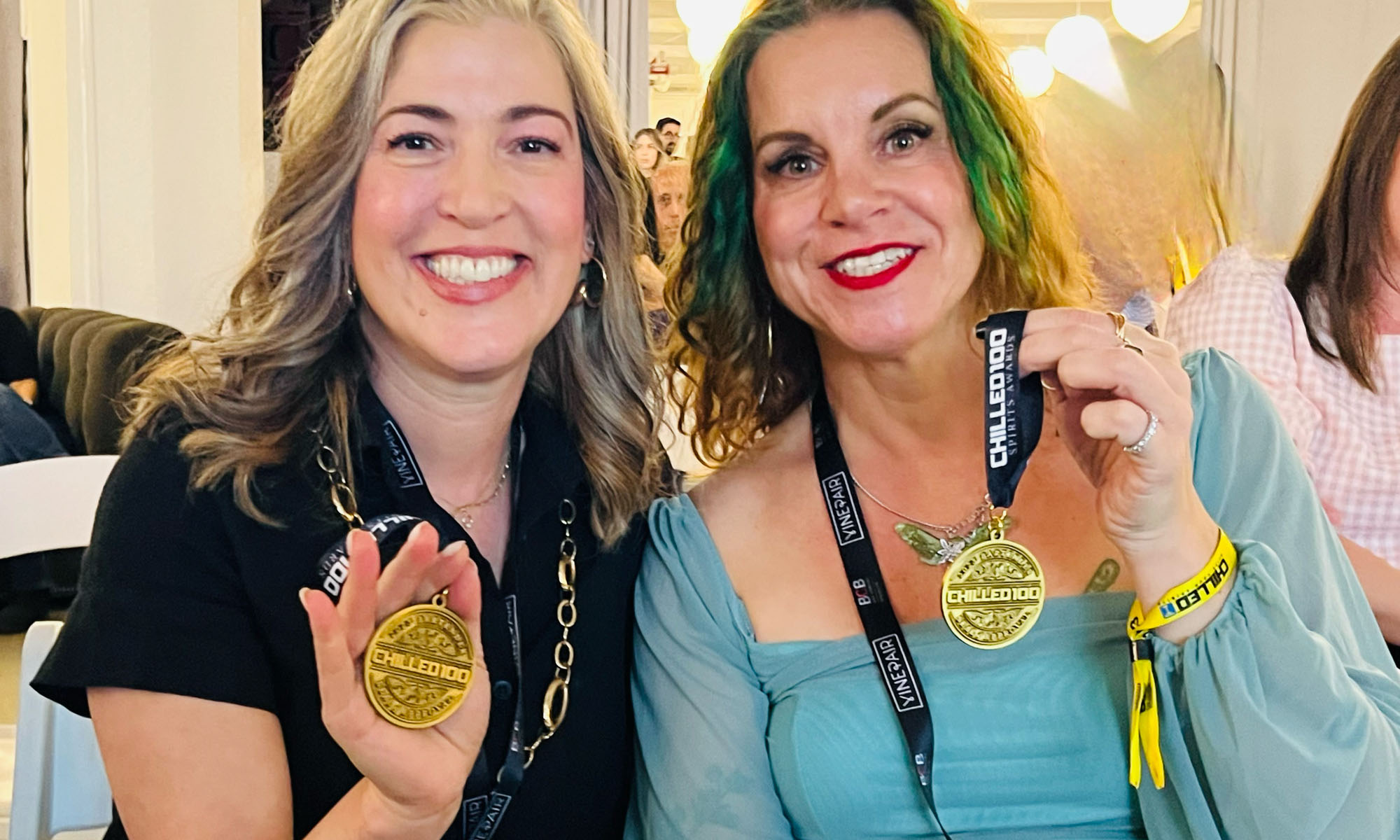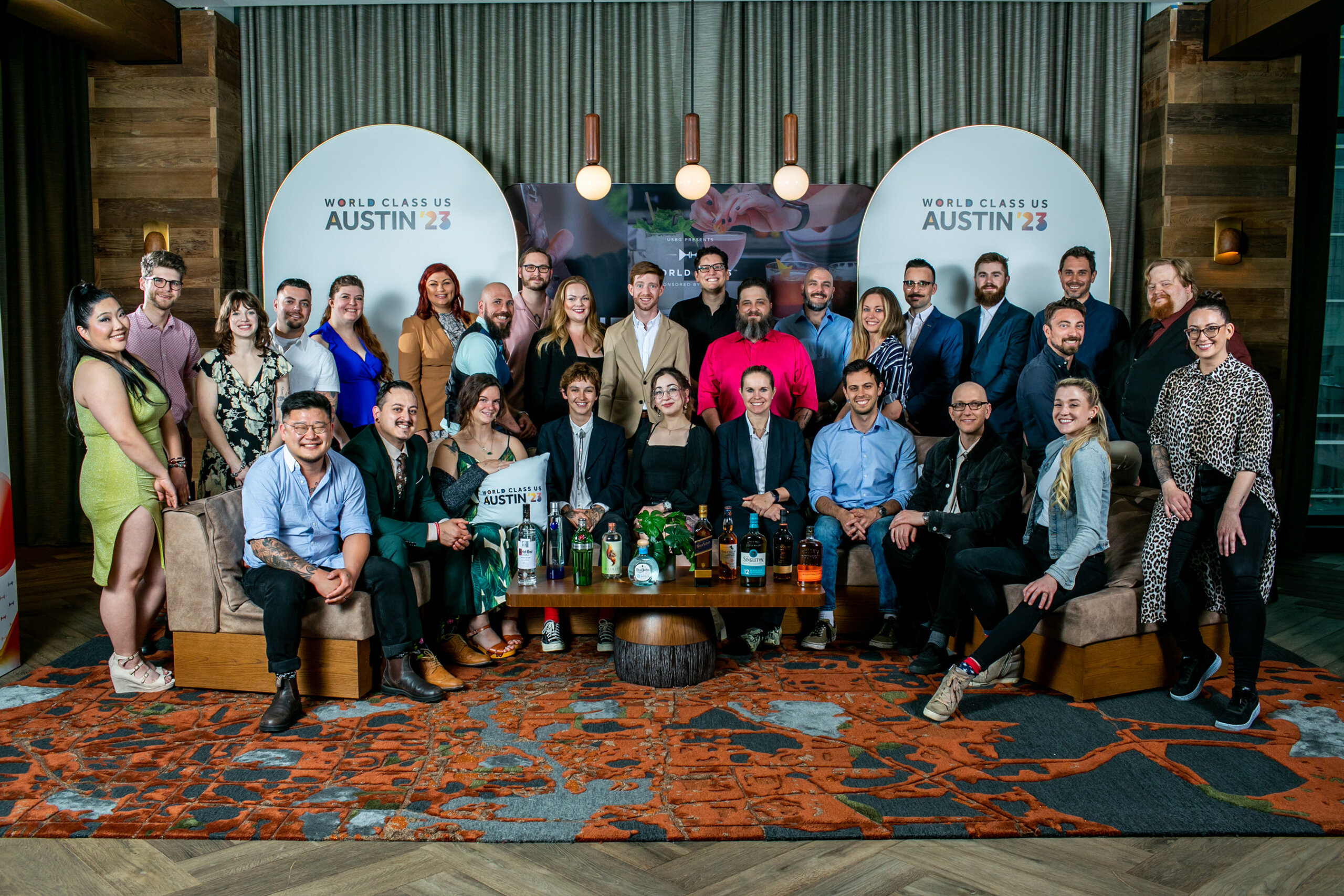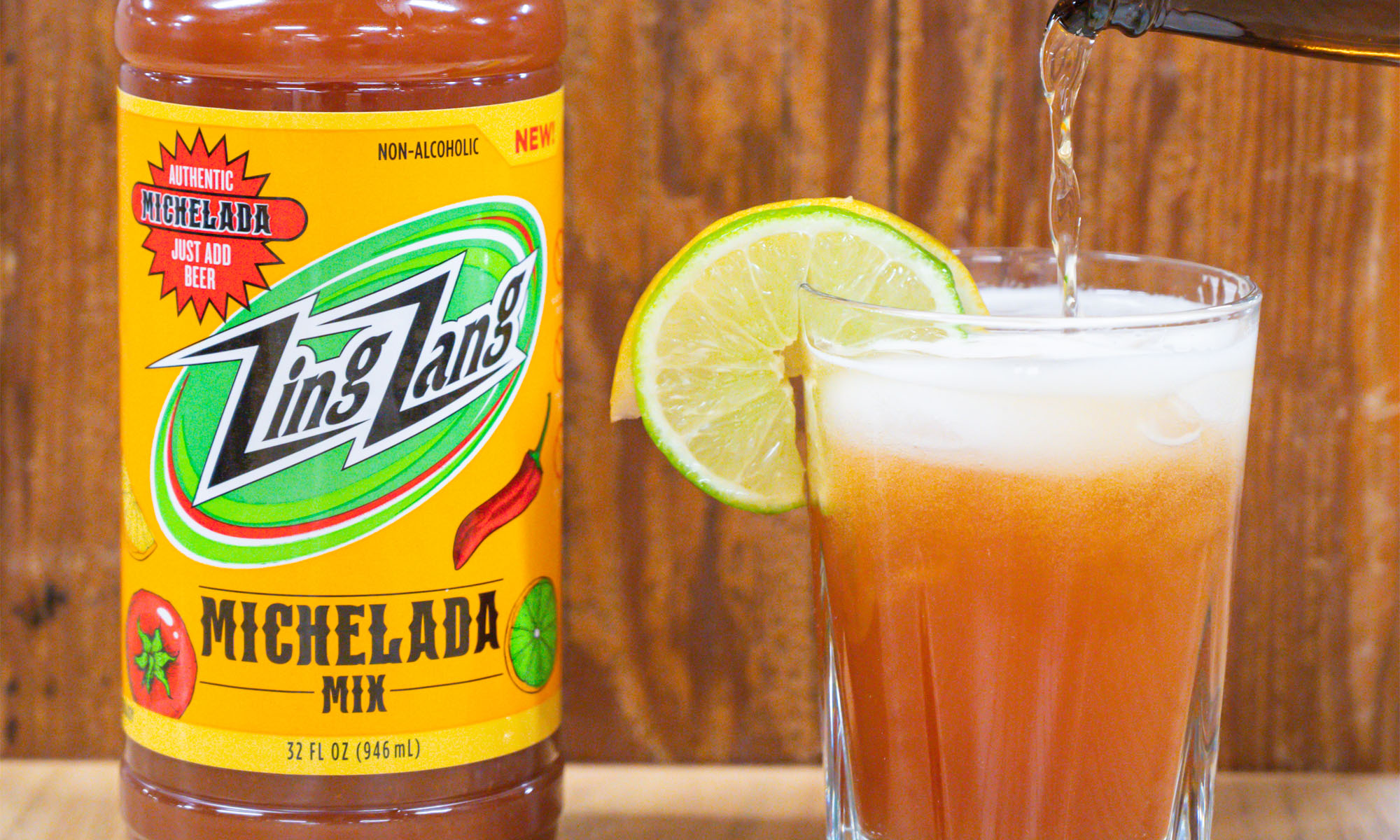Bar Owners Plead for A Pause
By Rob LeDonne
A mere three weeks ago at the New York bar and restaurant Dante NYC, everything was humming normally.
Basking in the glow of their universal renown as World’s Best Bar, their signature Negronis were flowing, and tables were packed. Today, things are much different.
“It feels like I had to open a brand new business, on a dime,” says Linden Pride, Dante’s co-owner alongside Natalie Hudson. “It’s crazy. I didn’t think humans were geared for so much change, but you have to expect the worst and hope for the best.”

Linden Pride, Co-Owner Dante
Pride and his staff at Dante, of course, aren’t alone. Thanks to the one-in-a-century Coronavirus pandemic, bars, and restaurants face the unprecedented: shutting down and forgoing normal operating procedures both nationwide and globally. For Pride, the realization that his business, and life in general, was going to drastically change dawned on him gradually. “By Friday (March 13th), we had a (state-mandated) 50 percent reduction in tables and people were tolerating it,” he remembers. “But by the weekend, I was speaking to my friend, and we decided it was best to (shut down) and pivot to take out.” Days later, it became a state mandate.
It was a move that left Dante scrambling, making decisions within hours that would normally take months. “There was no protocol on how to teach my staff how to deal with this,” Pride says of the shift of their entire business model of the bar, which was once favored by Italian immigrants when it first opened in 1915. “It’s incredibly stressful because you have to take it day by day, and things are changing so quickly. We’re just trying to stay agile and take it as it comes. I have people who work with me and this is their only source of income. They need to be able to feed their families, and we want to make sure we continue to provide that to them.”
Pride notes that while Dante’s revamp has turned the once-robust operation into earning 95 percent less income than normal, it was a choice they solely made to support their employees. “This is all purely being done to pay the staff, but it’s not sustainable,” he says of the to-go model which boasts pre-batched Martinis and Negronis now served in coffee cups. “As a small business owner, you have a responsibility to care for your employees, but then you turn around and see the bills and rent you’re expected to pay. This is a crisis and a reaction to (another) crisis. I can’t imagine what it will be like when we’re four weeks in.”
While Pride and Hudson chose to pivot to a new business model, however meager, some owners aren’t finding that feasible. In Seattle, WA, where the nation’s initial cases of Coronavirus were reported, the city was the first in the United States to feel the pain of the pandemic. “After the first death was reported, we started noticing a rapid decline of business by March 1st,” explains Jason Wilson. He’s the Culinary Director of Fire & Vine Hospitality and oversees an array of establishments in the area. That includes Miller’s Guild, which is located inside downtown’s Hotel Max. “At first, we took the tough step of reducing our menu and staff, but then the world changed again.”

Jason Wilson, Fire & Vine Hospitality
Once Washington Gov. Jay Inslee ordered the closure of all restaurants and bars—except for takeout and delivery—Wilson and his team had little choice but to entirely shut down the majority of their eateries, including Miller’s Guild. “Seattle was once a bustling metropolis, and now it’s a ghost town,” he says, explaining that Miller’s Guild relied on both patrons from nearby businesses and tourism, both aspects which are now nonexistent. “We’re reliant on offices like Amazon’s, hotel traffic and places like Nordstrom and the courthouse. But when Seattle vacates, business vacates too.”
With Wilson and his team transitioning to takeout at only one of his properties (The Lakehouse, which is located in nearby Bellevue and is situated in the middle of housing developments), he worries for his employees. “The majority of our workers, from the cooks to dishwashers, busboys, and servers, all live on a very small safety net.”
Mobilization has already started, with private GoFundMes launched and political action groups mobilized. While there’s talk of bailouts for the cruise and airline industries, less federal chatter has focused on the hospitality sector. “All I’ve been thinking to myself is that we don’t have the right lobby groups in Washington,” surmises Pride. “President Trump started talking about the airline industry off the bat. But even if there’s no direct federal funding (for bars and restaurants), there should be something mandated like a rent freeze.”
Wilson echoes those sentiments. “We need somebody to push the pause button,” he says. “A pause on rent, mortgage, and phone bills. We need it at every level in order to eat, stay alive and make things work.” According to Wilson, he explains his team personally has a “three-month cash runway. It’s a really big conundrum and an interesting state of ambiguity,” he explains. “Nobody really knows what to become of this.”
What To Do:
Don’t forget to use your voice to demand government aid for the hospitality industry. Click here to find your local congressional representative and here to find your state senators and call them through the capitol switchboard at 202-224-3121.
The Independent Restaurant Coalition was created by chefs and organizations, including Food Policy Action and the James Beard Foundation, to save restaurants affected by COVID-19 by working to affect legislative change. Click here to see how you can get involved and for more information on their work.
Another Round Another Rally is distributing $500 relief grants to hospitality workers in need. Anyone in the hospitality industry—dishwasher, bartender, server busser, chef, cook, sommelier, manager, host, or barback—can apply for funds. Click here to apply for funds and here to donate to their fund.
The Restaurant Workers Community Foundation has created a Restaurant Workers’ COVID19 Crisis Relief Fund as well as a Resource Page to provide information on how to receive assistance or to find ways to assist others affected by this crisis.



